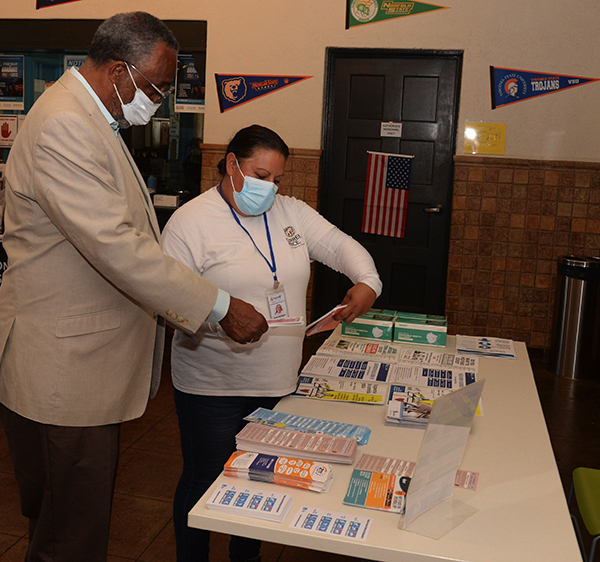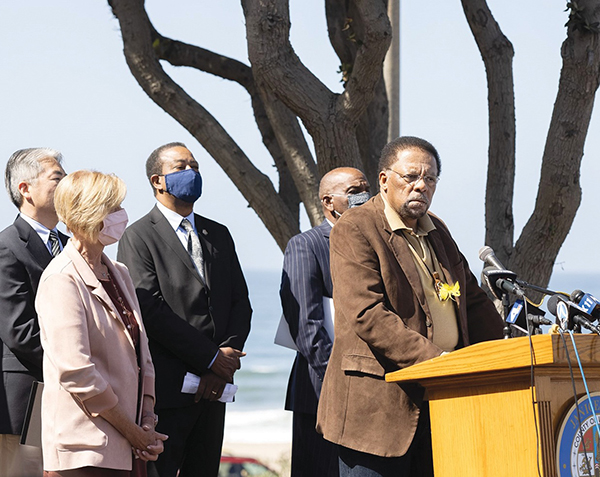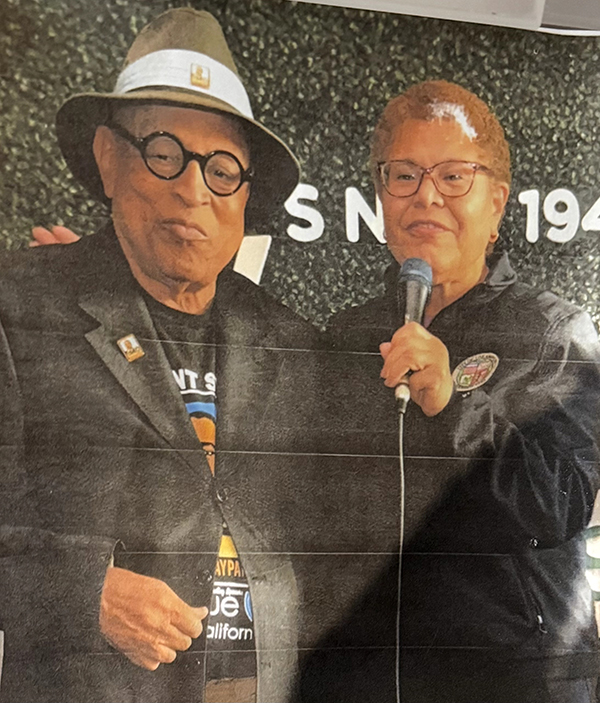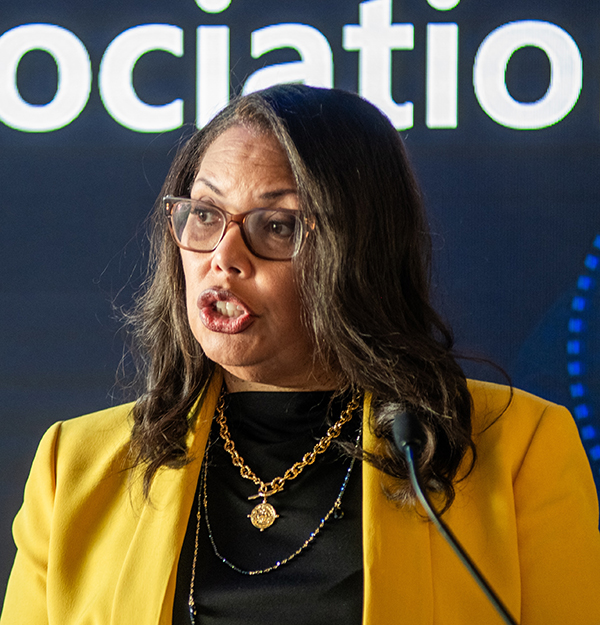California lawmakers decide fate of reparations bills this month
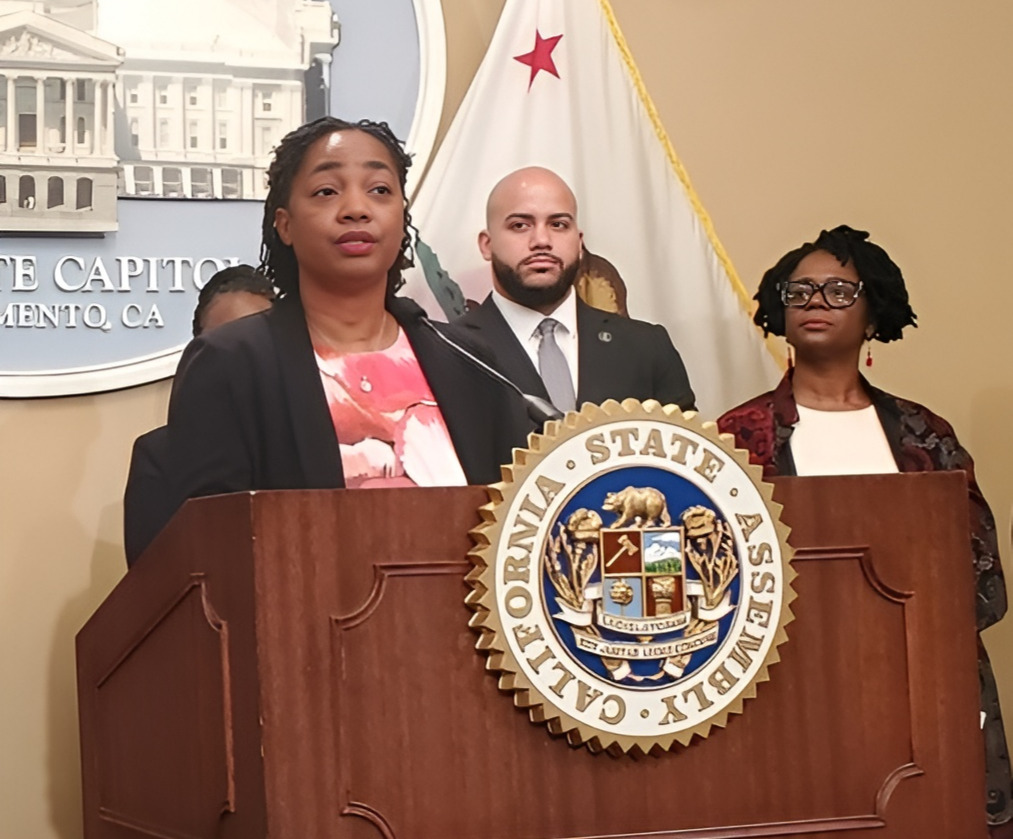
SACRAMENTO —The state Assembly and Senate must act on several priority bills that California Legislative Black Caucus members authored within the next two weeks if they are to become law.
The push to pass the bills comes as the Legislature is super-focused on several other competing priorities, including approving Gov. Gavin Newsom’s proposed redistricting plan by Aug. 22.
The 16-bill Road to Repair 2025 Priority Bill Package is based on recommendations from the California Reparations Task Force’s 1,100-page report released in June 2023. According to the caucus, it aims to address historical injustices and systemic barriers facing Black Californians.
“This legislative package is a chance to transform the promise of equality into a lived reality,” caucus Chair Sen. Akilah Weber, D-La Mesa, said in February.
Many of those bills are in the Appropriations process, where lawmakers evaluate their potential against costs. Weber has two measures in the package — Senate Bill 518 and Senate Bill 437. Those bills revive the spirit and intent of two earlier bills that failed to pass last year.
SB 518 would create the Bureau for Descendants of American Slavery, while SB 437 directs the California State University system to develop a method to verify reparations eligibility. It also allocates $6 million for that work.
Some reparations advocates oppose the CSU provision.
“We don’t need another study. The Reparations Task Force did the study,” said Chris Lodgson of the Coalition for a Just and Equitable California. “And CSU should not be doing the study as well. Not one of its 23 campuses has a genealogical department.”
Both bills cleared the Assembly Judiciary Committee but were placed in the Appropriations “suspense file” on July 16.
The suspense file is a temporary holding place for bills with significant fiscal impacts, potentially costing $50,000 or more in the Senate or $150,000 or more in the Assembly.
Assembly Bill 57, authored by Assemblywoman Tina McKinnor, D-Inglewood, has passed the Assembly and is currently under review in the Senate Appropriations Committee. AB 57 aims to narrow the racial wealth gap by reserving 10% of the state’s Home Purchase Assistance Program for descendants of enslaved people.
“A homeownership gap persists, with the descendants of formerly enslaved people lagging behind white households in homeownership rates by approximately 30 percentage points,” McKinnor said.
“Without targeted measures, the state cannot adequately address the wealth gap and housing disparities rooted in these injustices and discrimination.”
SB 515, authored by state Sen. Laura Richardson, D-San Pedro, was placed in the suspense file before its initial Appropriations hearing on the same day. It is a reparative justice measure also included in the CLBC’s Road to Repair package.
Richardson’s bill would require cities, counties and charter jurisdictions to include additional categories for collecting data on the ancestry or ethnic origin of their employees, including specified Black or African-American groups, commencing Jan. 1, 2027.
In the weeks left in the legislative session, bills still awaiting floor votes or stuck in committees face a decisive moment.
“The Road to Repair 2025 Bill Package is not only about acknowledging the past, but also a commitment to build a more just and equitable future by addressing the systemic barriers that Black Californians continue to face,” the CLBC said in a February letter.
Antonio Ray Harvey is a reporter for California Black Media.

